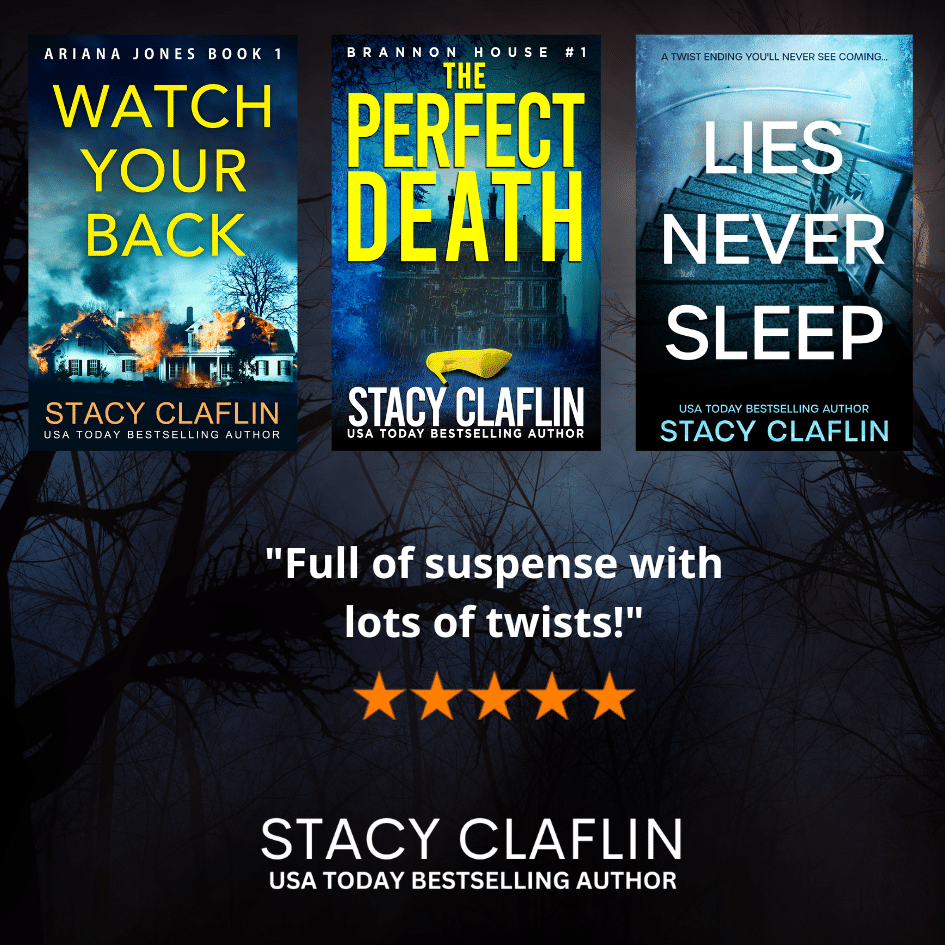The first, and most important, thing to remember is to take what works for you and leave the rest. There is no one-size-fits all in the world of indie publishing.
What works for one author won’t necessarily work for another, even within the same genre. Although, I do believe that the following tips and myths are general and applicable for all indies.
The following tips and busted-myths are a large part of what helped me to become a full-time author recently.
Tips
1. Treat it like a business LONG before it ever is one. I treated it that way for two years before going full time, and I know I wouldn’t have gotten where I am without doing so.
2. Have a specific writing time, and stick to it. Even if it means getting up at 4am. Writing and publishing takes hard work and sacrifice. If you think it’s going to be easy, you’ll find yourself discouraged and disappointed.
3. Give books away. And lots of them. It’s called being discovered. If you have the most awesome series, but no one will give it a chance, what’s the point?
4. Try crazy things. You never know what works, and even if half of what you try fails, half won’t! Take risks and have FUN.
5. Be an artist and a businessperson. Be an artist when you write. Turn that part of your brain off when it comes to marketing (cover design, blurb writing, promotions, etc.)
Myths
1. You need to be accepted by BookBub to have success. I’ve just gone full time, and have only ever been rejected by Bookbub.
2. You should receive your money’s worth from a promo. The success or failure of a promo is NOT if you got your money’s worth from itimmediately. If you “lost” fifty bucks, but gained a handful of fans…you’re going to eventually make your money back, plus more…eventually. This mindset also keeps people from trying new things. Some things work, others fail, but you’ll probably be surprised which is which.
3. KU is the devil. It works for some, but not others. In my experience, it works for a time, but then I need to go wide. I love using the free promo days. I think (my opinion) that it’s a great tool for new authors. Even an author with a new series or genre. I genre-jump, and find that it’s really helpful for new stuff. My oldest series isn’t going to touch KU unless I write another novella and give it to my newsletter fans before putting it in KU. My non-Amazon fans would probably revolt.
4. If you aren’t a pro designer, don’t create your own covers. I’ve made most of my covers myself, and I’ve received tons of compliments on them. My sales have also gone way up since I switched. I use Derek Murphy’s DIY Book Cover Design. Also, read his book on cover design. Awesome stuff!
5. You’re a sell-out if you’re in it for the money. If you can make a living at what you LOVE…that’s called a dream come true! If it’s all about money, maybe you shouldn’t be writing books. But if you love it, more power to you if you can also be a savvy businessperson and make it into a living.


These are such good tips! I keep hearing people talk like money is the only way to gauge ROI. If we’re in it for the long haul, it’s about readers. That reader will only buy my book once. But, if I connect with them,they will read with me as I grow. That’s not accounted for in a dollar amount to me. Great article!
Hi Stephanie,
I think that immediate ROI is small-sighted. Another thing, advertising is a risk, period. Sometimes it works, and sometimes it doesn’t. Sometimes it really works. If an author keeps working and keep trying, eventually they’ll figure out what works. Small things add up, and you can’t put a price on a lifetime fan.
Thanks for stopping by! 🙂
Stacy
Thanks for compiling this list, Stacy. Helpful info, especially for an aspiring full-timer.
Thanks, Dave! I’m glad you found it useful. 🙂
Awesome list, Stacy! I *love* Derek’s cover resources.
Another myth I’d add to the list (yeah, yeah, i know it was Top FIVE): “I need to do a lot more research before I can write.” True, for some stories, research is important, but for a lot of beginning writers, it’s a stall tactic. Write, make stuff up, and make little notes where you need to look something up. But keep writing, people! 🙂
That’s a good one, Christine! If I need some research while writing, I either make a note for myself to go back later or I’ll even Google it really quick. Rarely do I actually need a long research process for a novel.
Great post, Stacy! Very useful tips!
Thank you, Joan!
Great Article Stacy – and very helpful 🙂 I love your book covers Stacy – will do my own this next go around I think! Learned a lot from this post – thanks!
Thanks so much, Lorna! It takes work to figure out the covers, but I’ve found that it’s so worth it!